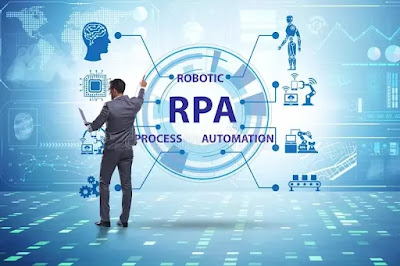Emerging Financial Accounting Trends 2022
Technology is synonymous with development and modernizing the business landscape. Even in the pandemic state, Technology growth helps to transforms systems and processes, converting manual tasks into automated functions to operate businesses more efficiently and effectively. Latest accounting trends mainly revolve around this growth of automation and high-tech systems covering various accounting process that are being automated like approval workflows, bank reconciliation, journal entries, inter-company consolidation, revenue recognition, lease accounting and depreciation.
The financial accounting trends are not just about processes, digital transformation, and standards but also about the people in it. In 2021, the attention turned towards a greater focus on the hopes and aspirations of those in the industry affected by pandemic and concern for talent retention.
Accounting is undergoing significant change as we move forward. We summarize below the various financial accounting trends that are now part of any business and will shape the accounting system in general:
1. Outsourced Finance and Accounting Functions:
Businesses are now Outsourcing Financial Accounting Advisory Services and focus more on their limited resources. Accounting Service providers helps them to save employment costs like payroll, taxation, salaries, benefits, and training expenses.
2. Automated Financial Accounting Processes
automation of repetitive accounting tasks is being adopted as this eliminates confusion and minimizes errors. Most companies invest in automated solutions and bots to arrive at data-driven decisions more quickly.
3. Cloud-Based Accounting
Most companies have adopted the trend of remote working through cloud-based software which allows teams that are physically dispersed to collaborate and accomplish critical financial processes like month-end close from anywhere with a computer and an internet connection. Tools like Video calling, Zoom, e-signature, file sharing, drop-box are all helping cloud based accounting to work efficiently.
4. Artificial Intelligence (AI) & RPA
Conclusion
In addition to the above, there are other growing trends in Regulatory Compliance, Accounting Standards, Changes in Tax policy on one hand and Gender equality, Talent diversity and upskilling, Hybrid working and Job movement are also gaining trends for new normal. The above trends will continue to gather more momentum and the year 2022 onwards will continue to allow Accountants to showcase their talent to adapt, resilience and indispensable role in the business.


Comments
Post a Comment